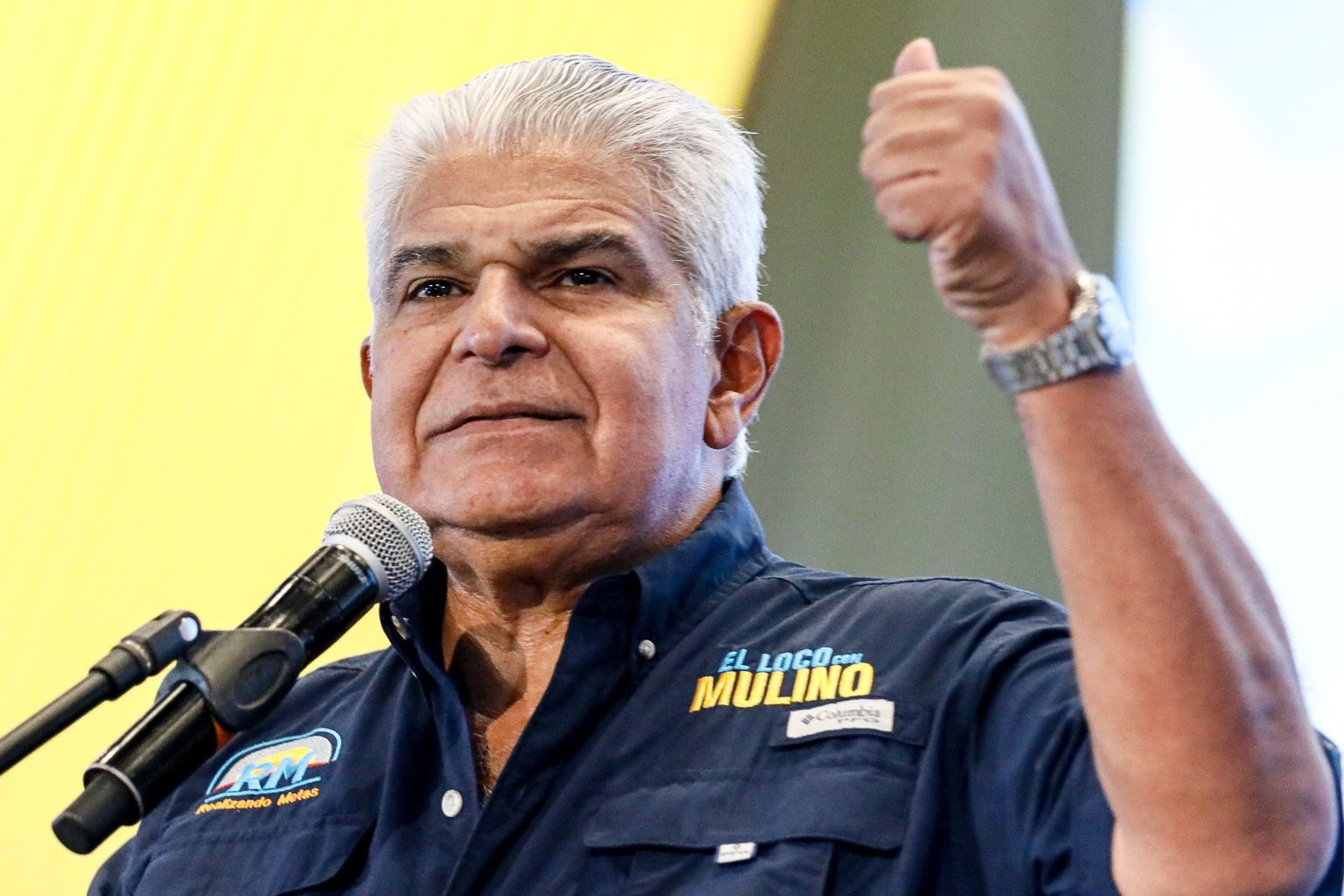The incoming president of Panama, Jose Raul Mulino, has pledged to make significant changes to address the U.S. border crisis by shutting down a crucial migration route through the country that has been utilized by more than 500,000 migrants over the past year. Mulino emphasized that Panama and the Darien Gap are not transit routes, but rather, the country’s border itself. Previously, Panama had allowed migrants to pass through the gap and continue their journey north, enabling thousands to reach the U.S. border with Mexico. However, in response to pressure from the U.S. to help curb the crisis, Panama is now shifting its policy to make it less appealing to migrants and criminal organizations.
The Darien Gap, a dangerous route towards the U.S., has grown in popularity among migrants in recent years, with cartels and organized crime groups making it an affordable option for those seeking to enter the United States. With the new policy in place, Panama aims to reduce the attractiveness of the country as a transit point by implementing immediate deportation plans for migrants. Mulino stated that the prospect of being deported upon entering Panama would deter migrants from choosing that route, making it less appealing. However, some experts are skeptical of the effectiveness of this strategy, citing Panama’s limited capacity to deport thousands of migrants. Adam Isacson of the Washington Office on Latin America stated that a daily deportation plane would only repatriate a small percentage of the migrant flow.
While Mulino’s plan to make Panama a less attractive option for migrants and criminal organizations is well-intentioned, the logistical challenges of mass deportations present a significant hurdle to the success of this policy. Isacson’s analysis of the limited capacity for deportation in Panama raises doubts about the feasibility of significantly reducing migration through this strategy. Given the existing pressures from the U.S. to address the border crisis, Panama will need to consider alternative approaches and collaborate with other countries in the region to develop comprehensive solutions to the issue of irregular migration. This may involve addressing root causes of migration, enhancing border security, and fostering regional cooperation to effectively manage migration flows.
The U.S. government has been urging Mexico, Panama, and other countries in the region to assist in controlling migration through their territories to prevent migrants from reaching the U.S. border. The implementation of stricter border control measures and deportation policies in Panama is part of a broader effort to address the challenges posed by irregular migration. By working collaboratively with neighboring countries and international partners, Panama can contribute to regional efforts to manage migration flows and reduce the strain on the U.S. southern border. Mulino’s administration will need to navigate complex geopolitical dynamics and develop sustainable strategies to address migration challenges while upholding human rights and ensuring the safety and well-being of migrants.
In conclusion, President-elect Jose Raul Mulino’s plan to shut down a crucial migration route through Panama signifies a shift in the country’s policy to address the U.S. border crisis. While the intention to make Panama a less appealing transit point for migrants and criminal organizations is commendable, the effectiveness of immediate deportation plans in reducing migration remains uncertain. Panama will need to collaborate with other countries in the region and consider alternative approaches to manage migration flows effectively. By prioritizing regional cooperation and addressing root causes of migration, Panama can contribute to comprehensive solutions that address the challenges of irregular migration in the Americas.


